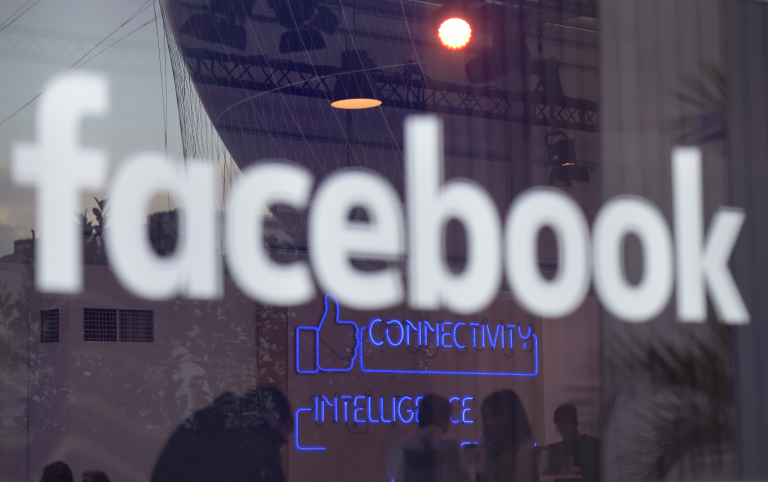
Fifty seven percent of the online world has signed up to the world’s largest social network. Image: AFP/Tobias Schwarz
As Facebook moves closer towards welcoming its two billionth member, the once revolutionary network is still drawing crowds but increasingly, people are becoming passive when visiting the site, with older consumers seeing it as a means of keeping track of friends and family, and teens describing it as a way of killing time.
According to the most recent figures, there are currently 3.4 billion web users globally (that’s roughly 40 percent of the world’s total population) and 1.94 billion of that number are now officially active Facebook users. In other words, 57 percent of the online world has signed up to the world’s largest social network.
However, despite its global dominance, Facebook itself is slowly turning into the social media version of a newspaper as other forms of social network start to gain popularity.
Global Web Index (GWI) polls a panel of 350,000 web users around the world to understand the changing trends dictating the digital world and in its Q1 social report, published at the end of April and drawn from interviews with 50,000 people from 34 territories, it found that consumers now browse or passively network on Facebook.
Web users aged 25 or over say that Facebook has become a way to follow the news and keep in touch with friends, rather than a space to post and interact with content. Among 16 to 24-year-olds, Facebook is increasingly seen as a way of filling up spare time. But its popularity is why consumers around the world have started embracing a plethora of other, more focused networks.
GWI’s research finds that 94 percent of all digital consumers aged 16 to 64 have an account on a social platform. What’s more, multi-networking is now an established trend. As early as 2012, the average digital consumer had three social media accounts (including social messaging services). Today, the average is eight, and this huge jump is due to the fact that people will turn to a specific network for specific types of interaction.
For instance, Snapchat has become the go-to app for messaging and sharing among 16 to 20-year-olds in nearly half of the countries surveyed. As well as being the most popular messaging app among teens in the United States, more than 50 percent of 16 to 20-year-olds in 13 territories polled by GWI are regular Snapchat posters. JB
RELATED STORY:
Facebook founder says he’s no longer an atheist